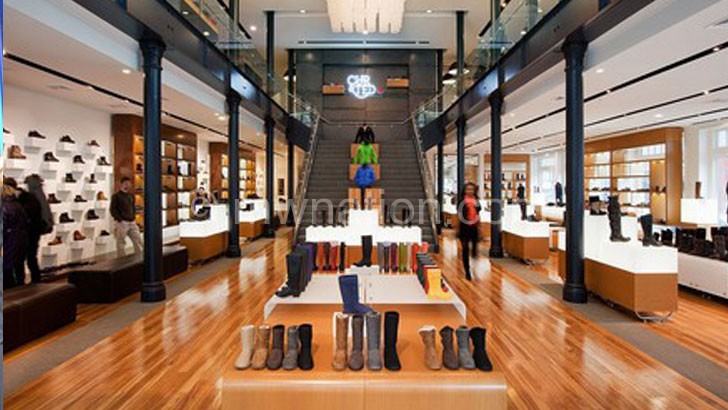Leather industry wants k1.2bn for tannery
At a time other developing countries have substantially grown their share of world footwear production, Malawi has registered paltry strides largely due to production related costs, leather industry officials have said.
With a good turnover of hides and skins annually, Malawi lacks the capacity to process its raw materials in the absence of a tannery-a place where hides and skins are processed into leather-but resort to exporting raw materials and get them back as imported leather.

In so doing, the country loses about K70 billion (about $101.5million) in import costs, according to a recent study conducted by Small and Medium Enterprise Development Institute (Smedi). This means that jobs that could have been created in the industry value chain are also being exported to Zambia, Zimbabwe and South Africa where leather products are imported.
The Liwonde Tannery, which used to be vibrant some years ago, downsized its operations and only concentrates on producing wet-blue goat skins which is exported for further processing.
Leather Industries Association of Malawi (Liama) acting president Chrispin Amasi, in an interview on Friday, said despite economic opportunities that Malawi could accrue from the industry, lack of a tannery continues to pose as a set back to the industry’s growth.
He said industry players are failing to buy equipment, which he said costs about $1.5 million (about K1.2 billion).
“We are currently using imported leather because we don’t have this kind of equipment which is expensive. Unfortunately, the leather we import comes from our very own hides and skins which were exported as raw materials at a cheaper price but we import them at higher cost,” said Amasi, who owns Masi Leather Enterprise.
Liama Southern Region Chapter chairperson, Edward Malunga, who owns Bantu Art and Craft Limited, said Malawi is losing out on employment opportunities and revenue through importation of leather.
He said: “If we had one tannery, our range of products could have improved and a number of jobs could have been created because this is a labour intensive industry. Government would have also benefited in terms of tax revenue,” he said.
Malawi Enterprise Productivity Enhancement (Mepe) project manager Nelson Nsiku, while emphasising on the need for financial support to the industry, said there is need to promote talent that Malawi has in shoe manufacturing industry.
Once promoted, he said the sector could contribute to Malawi’s import substitution.
Statistics from United Nations Industrial Development Organisation (Unido) estimates that import penetration of domestic leather into footwear markets of developing countries including Malawi is at 73.3 percent.
The footwear industry in Malawi started facing pressure due to the flooding on the market of second hand shoes in the 1990s which are relatively cheaper. n





